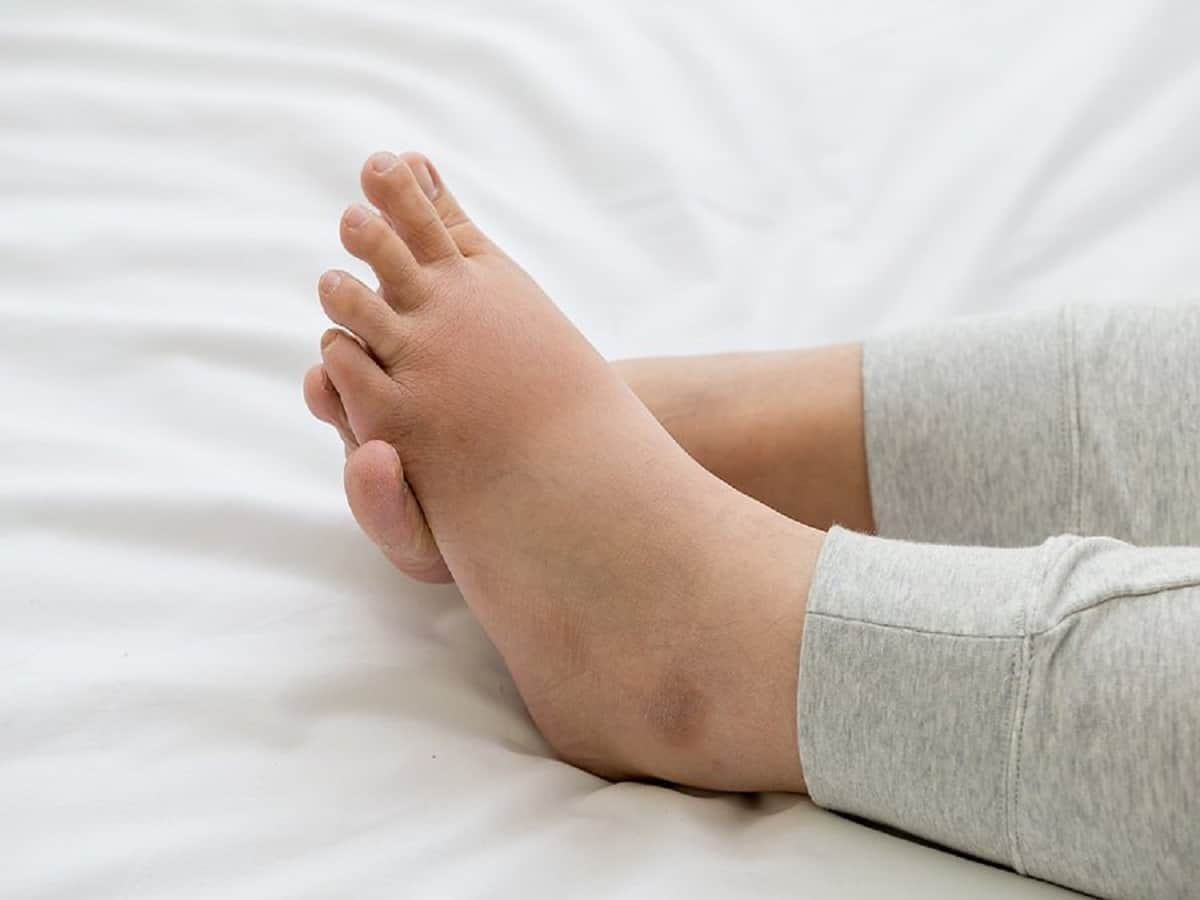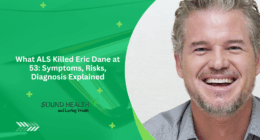A heart attack is known as a myocardial infarction. This occurs when the heart muscle is damaged or does not receive enough oxygen.
Many cardiac related problems occur due to blockages in arteries that carry purified blood away from the heart to different parts of the body. Another cause is the formation of blood clots.
Very often, it is quite difficult to differentiate between a heart attack and heartburn.
Symptoms of heart attack
The common signs of a heart attack are:
- Cold sweat
- Fatigue
- Tightness, pain, or discomfort in the chest.
- Sweating, nausea, vomiting, and intense pressure in the chest.
- Radiating and intense pain in the chest that extends from the chest to the left arm.
- Shortness of breath for more than a few minutes.
If you have any of the above you must consult the doctor or go to the emergency rooms. If you even think you are having a heart attack you must call for a cardiac care ambulance, and put under your tongue a sorbitrate or chew an aspirin. If you are allergic to aspirin don’t take one.
The hospital care will include rapid thrombolysis, cardiac catheterization, and angioplasty. They will also administer intravenously clot busting medications.
Common risk factors for a heart attack include: smoking, diabetes, high levels of cholesterol, hypertension, family history of heart diseases, atherosclerosis, lack of exercise, obesity, and fast foods.
Ways to reduce risks of a heart attack:
1. Quitting smoking.
2. Eating healthy. Avoid fatty foods, excess salt, and red meats.
3. Controlling high blood pressure and diabetes.
4. Ensuring regular exercise at least 30 minutes a day. Walking is most beneficial.
5. Preventing obesity. Doing all you can to maintain weight.
6. Choosing to live a healthy lifestyle.
7. Practicing meditation.
8. Doing regular relaxation and breathing exercises.
9. Undergoing periodic cardiac evaluations.
10. Including foods that are rich in anti-oxidants in your diet.
It’s a killer disease. According to the American Heart Association, approximately 58.8 million people in the US suffer from heart diseases. About 950,000 Americans die of heart ailments each year.
Heart diseases and death from it can be prevented by maintaining your health. Find a balance in life between work and other activities, abandon the couch for the outdoors, don’t watch sports on television play sports instead and you can hope to live a long and fulfilled life.
Be a well informed and caring citizen, read all about heart diseases and preventive care at:
University of Maryland Heart Center for Preventive Cardiology –http://www.umm.edu/heart/preventive.html;
American Heart Association –http://www.americanheart.org/presenter.jhtml?identifier=1200000;
National Center for Chronic Disease Prevention and Health Promotion — http://www.cdc.gov/doc.do/id/0900f3ec802720b8/.
The norm ‘prevention is better than cure’ could lead a whole nation towards good health and well being.










